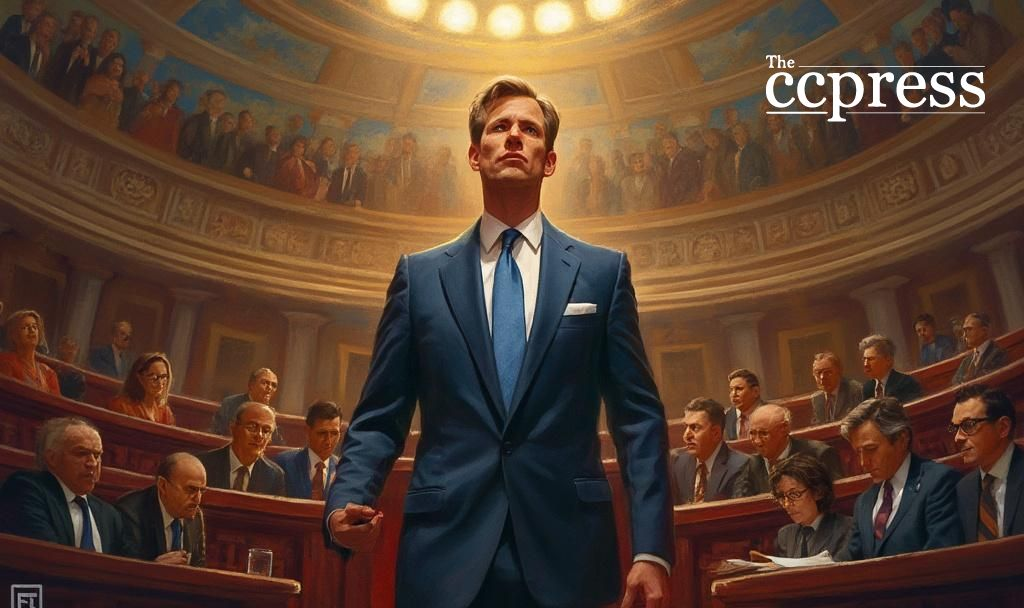- Main event, leadership changes, market impact, financial shifts, or expert insights.
- Senate advances stablecoin focused GENIUS Act.
- Leadership changes at CFTC as regulation progresses.

US Senate plans another cloture vote on the GENIUS Act, targeting stablecoin regulation, led by Senator John Thune this week.
Senate Moves Forward with the GENIUS Act
Senator John Thune has taken the lead in moving the GENIUS Act forward in the Senate. He filed the cloture motion earlier this week, aiming for a final vote that could set new stablecoin regulations. The legislative push occurs during significant leadership changes at regulatory bodies, including the CFTC and SEC.
Proposed Regulatory Framework
The primary goal of the GENIUS Act is implementing a new regulatory framework specifically for stablecoin issuers based on market capitalization. This act proposes that smaller issuers can opt for state-level regulation while larger ones come under federal scrutiny. These measures are designed to bolster clarity and trust in stablecoin markets.
Impact on the Stablecoin Market
Immediate effects focus on the stablecoin market, including major players like USDC, USDT, and DAI. These assets might see increased institutional adoption due to enhanced regulatory clarity. Changes also ripple through DeFi ecosystems, reliant on these stablecoins for transactions and liquidity, impacting various related cryptocurrencies.
Political and Financial Implications
Financially, clearer regulations could help attract more institutional investments into the stablecoin sector. Politically, it becomes a landmark case of federal oversight aligning more closely with emerging digital currencies. The market anticipates possible increased adoption and better integration within financial systems.
Expert Opinions and Expectations
The upcoming vote holds potential to reshape the regulatory landscape, with experts like SEC Commissioner Hester Peirce advocating streamlined rules. She stated, “While some token distributions may involve investment contracts, many crypto assets do not meet the definition of a security.” Her insights align with calls for nuanced regulation that doesn’t overextend legacy securities models to the digital asset space. Historical precedent suggests that such legislation boosts the confidence of institutional players, possibly increasing stablecoin issuance and adoption. source
| Disclaimer: The content on The CCPress is provided for informational purposes only and should not be considered financial or investment advice. Cryptocurrency investments carry inherent risks. Please consult a qualified financial advisor before making any investment decisions. |






























